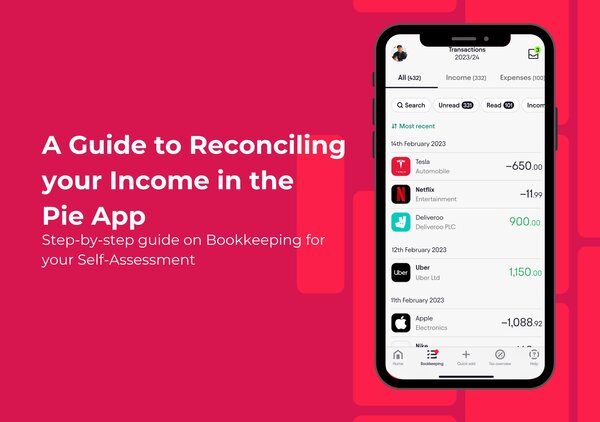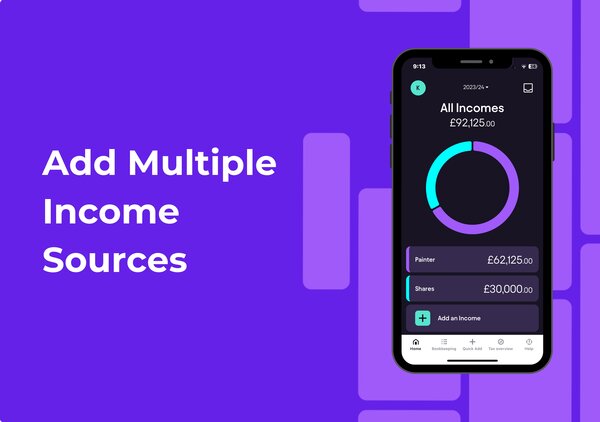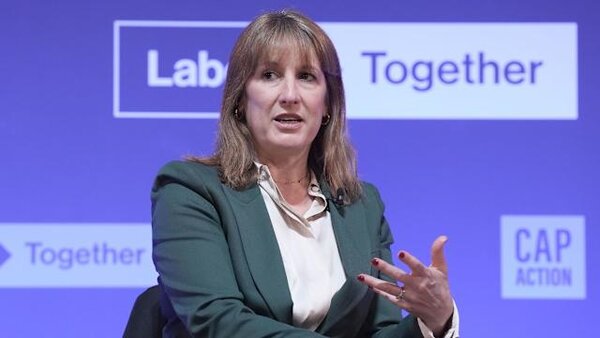Lets break it down...
Being a landlord means keeping track of all the money that comes in. This includes the obvious stuff like monthly rent payments, but there’s more to it. HMRC requires you to calculate your gross income from all property sources before any deductions. Those service charges you collect? They count too.
So do cleaning fees if they’re part of your rental agreement. If you rent out a holiday home, even just for part of the year, HMRC wants to know about that income as well. Your total rental income includes all these sources and must be reported to HMRC.
Even if you’re just renting out a spare room in your house under the Rent-a-Room scheme, you need to keep records of what you earn. You must report rental income from all sources, including schemes like Rent-a-Room, to HMRC. Lease premiums and non-refundable deposits that tenants don’t get back after they move out are also considered property income.
Your total income from property, including all types of payments and fees, forms the basis for your self assessment obligations.
What exactly is HMRC property income record keeping for self assessment?
HMRC property income record keeping means saving documentation of all money you earn and spend related to your rental properties. Digital record keeping is now encouraged by HMRC, especially under Making Tax Digital, so landlords should keep digital records of all transactions. It’s the paperwork that proves what you’ve reported on your self assessment tax return is accurate and truthful.
Good record keeping isn’t just about staying legal, it helps you claim all the expenses you’re entitled to, potentially reducing your tax bill. Keeping digital records ensures you have records supporting every figure on your tax return. It’s important to know which expenses you can claim and how accurate records make it easier to claim expenses. For self assessment purposes, your records must be clear enough that HMRC can understand your financial situation if they check your return.
You need to track both income and expenses throughout the tax year (6 April to 5 April) rather than scrambling to find everything at the last minute. Prepare early by keeping digital records up to date.

Which records must you keep for your property income?
Bank statements showing rent payments are essential. Many landlords find having a separate bank account just for rental activity makes this easier to track and monitor throughout the year. Property letting is considered a form of business income and should be treated as part of your rental business for tax purposes.
Keep receipts for every expense related to your property, repairs, maintenance, insurance premiums, and letting agent fees. If you have a mortgage, save your statements as well, remembering that only the interest portion counts as an expense, not your capital repayments. Only expenses actually paid during the tax year can be claimed.
Do you pay for utilities instead of your tenants? Hold onto those bills as they’re allowable expenses. For bigger jobs like renovations or property improvements, keep detailed invoices as these might affect capital gains tax if you sell later.
Many landlords use the cash basis, a simpler accounting method where income and expenses are recorded when cash is received or paid. If you drive to your rental property for viewings, inspections or repairs, log your mileage. You can claim this as an expense too, which many landlords overlook when calculating their property business costs. Your rental profits are calculated by subtracting allowable expenses from your total rental income.
Allowable expenses you can claim against your property income
When it comes to your self assessment tax return, knowing which allowable expenses you can claim against your property income is key to keeping your tax bill as low as possible. Allowable expenses are the everyday costs you incur while running your rental property business, and they’re deducted from your gross rental income to calculate your taxable rental profit.
Typical allowable expenses include things like property maintenance and repair costs, so if you’ve had to fix a leaky roof or replace a broken boiler, those costs can be claimed. Buildings and contents insurance premiums, letting agent fees, and legal fees related to tenant issues are all deductible too. Don’t forget about utilities you pay for (like gas, water, and electricity), ground rent, and service charges if your property is leasehold. Even accountancy fees, marketing, and advertising costs for finding new tenants can be included.
To make sure you’re claiming everything you’re entitled to, it’s essential to keep accurate digital records of all your income and expenses. Save every receipt and invoice, and consider using software that helps you track your property business costs throughout the tax year. This will make it much easier to complete your assessment tax return and stay compliant with Making Tax Digital (MTD) rules
With the new system coming in from April 2026, landlords will need to start keeping digital records and submit quarterly updates using compatible software, rather than just filing an annual self assessment. Preparing early and understanding the reporting requirements will help you avoid penalties and stay compliant with the latest tax digital rules.

How long should you keep your property records?
If you submit your self assessment online, keep records for at least 22 months after the tax year ends. This period starts from the date your return is filed. Paper returns require you to hang onto everything for 34 months after the tax year ends.
For business records related to your property, the safe approach is keeping everything for 5 years after the January submission deadline. You should keep records for 5 years from the date you file your tax return. If you’re calculating capital gains when selling a property, keep those records for at least 6 years.
HMRC might need to look further back if they start an investigation, so longer is often better when it comes to record retention. Digital records are perfectly fine, you don’t need paper copies as long as your electronic versions are complete and readable.
Always check HMRC guidance for any changes to filing dates or record retention periods.
What happens if you don't keep proper records?
HMRC might estimate your tax bill if you can’t provide evidence, and their estimates rarely work in your favour! This could result in you paying more income tax than necessary. You could face penalties ranging from 30% to 100% of any underpaid tax, depending on whether they think it was careless or deliberate.
Without receipts and invoices, you’ll miss out on claiming legitimate expenses that could have reduced your tax bill. It’s essential to accurately report all income to HMRC to ensure you pay tax only on your actual profits and comply with income tax regulations. Tax investigations become much more stressful when you don’t have the paperwork to back up your figures.
You might end up paying for an accountant to help sort out the mess, which costs more than keeping good records in the first place. Failing to pay tax on time can also result in additional interest and penalties. Additionally, the stress and time wasted trying to reconstruct your financial history can be considerable.
If you are unable to meet your record-keeping or filing obligations, contact HMRC as soon as possible to explain your situation and avoid further penalties.

Which tools can make property income record keeping easier?
Dedicated landlord software can track rent, expenses, and even generate reports specifically for tax purposes. Mobile apps that let you snap photos of receipts on the go can be lifesavers, no more lost paper receipts!
Cloud storage solutions keep your documents safe and accessible from anywhere, even if your computer crashes. Bridging software can connect spreadsheets or other digital records to HMRC systems, helping landlords and self employed individuals comply with Making Tax Digital requirements.
Banking apps that categorise transactions automatically can help you spot property-related spending quickly. Self employment income and property income can be managed together using these digital solutions. Pie, the UK’s first personal tax app, helps working individuals manage their property income alongside other earnings.
Businesses involved in property letting should consider adopting digital record-keeping tools to stay compliant.
Getting your property income records right
Keeping good records isn’t just about keeping HMRC happy, it’s about making tax time less stressful for you too. Set aside a few minutes each week to update your records rather than facing a mountain of paperwork at tax time. When registering with HMRC for property income reporting, always include your national insurance number to ensure your registration is processed smoothly.
Create a simple filing system, whether digital or physical, that works for your situation and stick to it. Special rules may apply if you own property jointly with others, so be aware of these when keeping records. Remember that good record keeping often leads to paying less tax because you’ll claim all the expenses you’re entitled to.
If you’re feeling overwhelmed, consider trying Pie tax to simplify your property income record keeping and make self assessment easier than ever. The small effort of consistent record-keeping throughout the year pays dividends when it’s time to complete your return. Maintaining records supporting your tax return is essential for compliance and peace of mind.

Quick and Easy Guide to Adding Property Income and Expenses in the Pie App
Follow these steps to get started:
To add Property income source, simply tap on 'Quick Add' on the home screen on the Pie App. Select create an Income type for Property. Once you’ve created an income source, you can choose to add income via existing bank connection, new bank connection, upload a document, or manually.Step 1

Once you’ve created an income source, you can proceed to the bookkeeping section of the app on your navigation bar. Swipe right on any eligible transaction to add it as an income & expense you want to declare on your tax return, moving it to the "income" & ‘expense’ tab.Step 2












